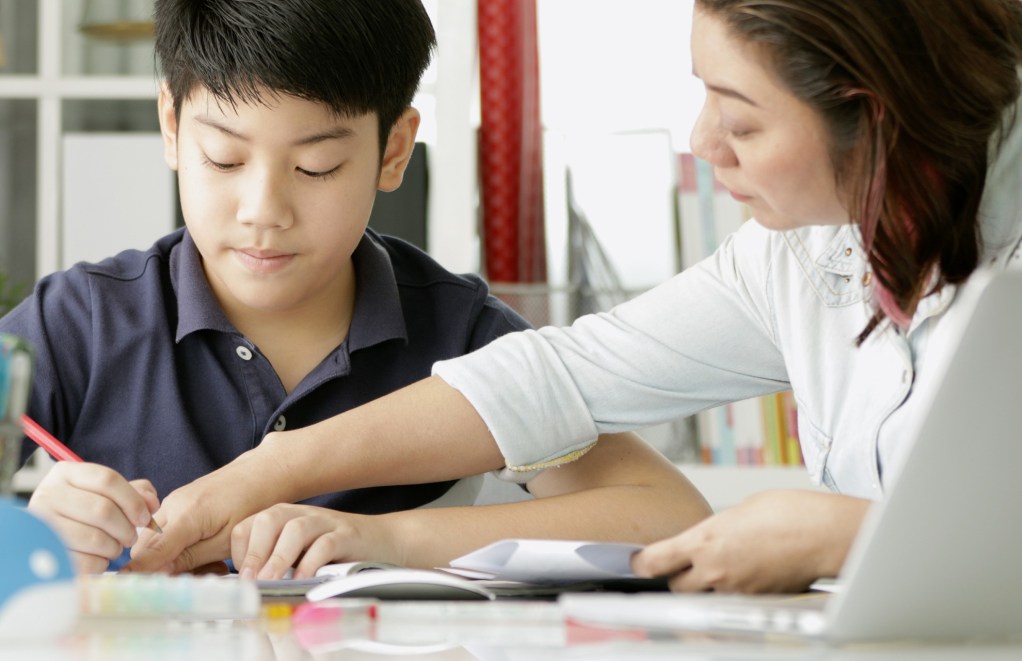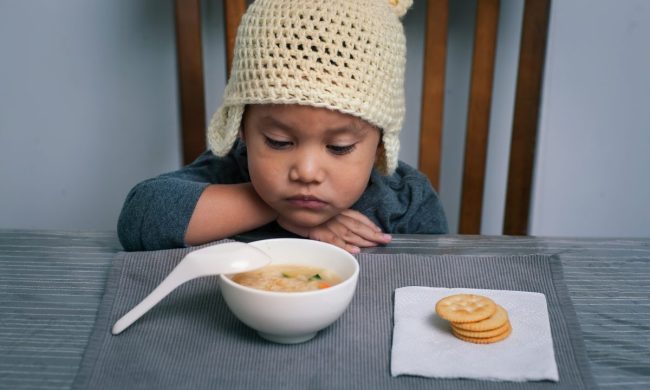
Overbearing parents are nothing new. Helicopter parents have been hovering over their children for decades, trying to ensure they get into the best colleges and earn those athletic scholarships. In recent years, though, helicopter parents have been mowed over by snowplow parents.
Snowplow parenting has a few names. Sometimes, it’s referred to as lawnmower or bulldozing parenting. The term was coined by the New York Times in 2019 during the college admission scandals. So, what is snowplow parenting? Why is it bad, and how do well-intentioned parents avoid becoming one?
Snowplow parenting

The term may be new, but snowplow parenting may not necessarily be a contemporary concept. Components of snowplow parenting have been around for ages. In recent years, though, in light of all the issues plaguing the world including the recent pandemic, snowplow parenting is gaining traction, which is not a positive thing for kids.
What is snowplow parenting?
The sight of a snowplow coming down the street after a storm is amazing. It clears the road of any obstructions. This is where the term snowplow parenting originates from. Snowplow parents attempt to remove any hurdles that may be blocking their child’s road to success, including disappointment and frustration. Junior doesn’t have time or really want to write that college essay. A snowplow parent will simply do it for him.
Difference from helicopter parenting
Helicopter and snowplow parents do share some similarities. Both tend to be extremely involved in their children’s lives and are overprotective. Helicopter and snowplow parents also micromanage. Snowplow parents take helicopter parenting a step further by writing that essay, filling out those college applications, or getting into a fistfight with the hockey coach over playing time when constant emailing doesn’t work.
Signs you’re a snowplow parent
Since there’s a fine line between being an attentive parent and getting behind the wheel of a snowplow, many well-meaning parents don’t always see the warning signs. Technology makes it super simple to rifle off a terse email when your kiddo didn’t get an A or explain away a forgotten homework assignment.
Bringing a forgotten lunch or gym clothes to school isn’t a terrible thing unless you are canceling a meeting or are late to work because you don’t want your child to be upset or lose points in physical education. Examples of snowplow parenting include:
- Your child is asleep while you are up past midnight completing a paper, project, or homework assignment.
- Quitting is an option for your child whenever obstacles arise in extracurricular activities or classes.
- You consistently call teachers and coaches to complain about perceived slights.
- You make appointments even though your teenager has been in college for months.
- You push to get your child onto a team or into an organization or production.
- You filled out all of your child’s college and scholarship applications.
- You call your college student to ensure they get to class on time.
- You have your child’s deadlines on your calendar.
Impact of snowplow parenting
Experiencing failure is a part of life. While it’s hard to see kids get cut from a team or not get the lead in the school play, life lessons are wrapped up in failure. Kids learn how to navigate challenges, work harder, and overcome disappointment. Snowplow parenting, especially when kids are young, doesn’t always seem like a bad thing, especially if your kiddo is on the shy side. The problem with snowplow parenting is the effect it has on children as they grow up.
As a parent, the main goal is, of course, loving and caring, but also to help kids become independent adults. Snowplow parenting actually puts up major obstacles toward helping kids grow into self-sufficient adults. Kids with snowplow parents typically have difficulty dealing with frustration, lack coping skills and self-confidence, are unable to problem-solve, have poor motivation, and struggle with anxiety. Being a snowplow parent isn’t great for the parents either. It’s extremely time consuming, takes a lot of energy, causes anxiety, and erodes the parent/child relationship.
How to avoid being a snowplow parent

Snowplow parenting is hard on both the child and the parent. While the intent may be born out of a desire to protect the child, the result makes it more difficult to achieve the ultimate goal of parenting: to raise an independent adult. A big part of avoiding becoming a snowplow parent is to remember failure isn’t a bad thing. Important life lessons are learned from failure.
Another big component of not jumping on the snowplow is teaching your children responsibility. Actions have consequences. Don’t always swoop in to save the day when those lunches and homework assignments are forgotten. Other ways to avoid snowplow parenting and foster independence include:
- Allow your children to make choices.
- Be a cheerleader, but stay on the sidelines.
- Encourage kids to persevere and not quit when the going gets tough.
One of the biggest issues with being a snowplow parent is that it shows a lack of trust and belief in your child. Snowplow parents jump in because they don’t believe their child can do it themselves. This encourages kids to not believe in their own ability to accomplish things on their own. In order to raise self-sufficient kids who contribute to society, park the snowplow. Instead, encourage, support, guide, and don’t give into fear. Yes, the world can be a scary place, but it can also be a wonderous one. Allow kids to see and experience the wonder.



